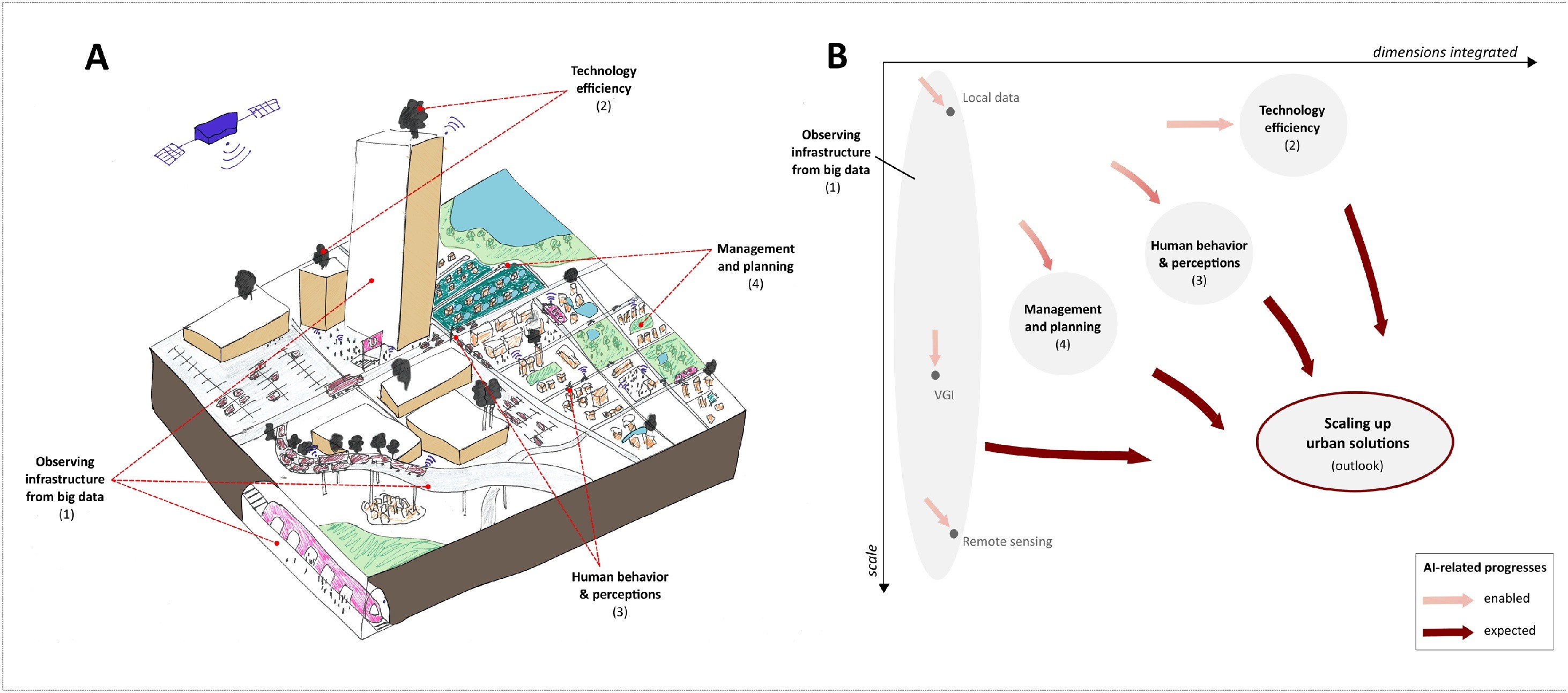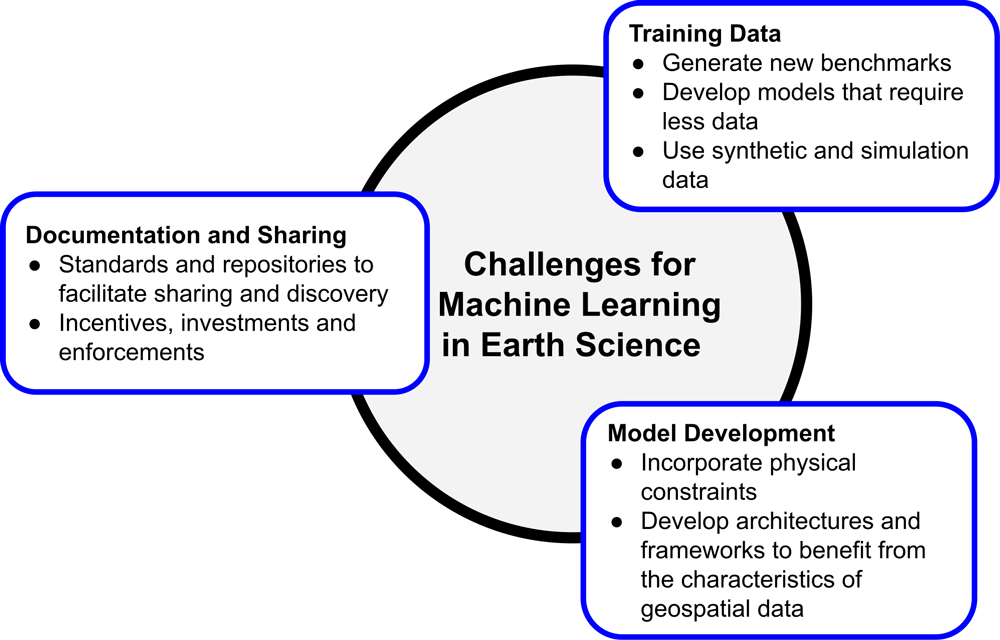AI in the Wild - Sustainability in the Age of Artificial Intelligence - by Peter Dauvergne

This book analyzes the complex relationship between AI and sustainability. Using analytical tools from environmental politics, it describes the potential for AI to restore balance to earth systems — like its use in wildlife monitoring and improving efficiency of the electricity grid — but also emphasizes its capacity to reinforce economic and political structures, like resource extraction and suppression of activists, that have resulted in modern environmental crisis.
Machine learning for geographically differentiated climate change mitigation in urban areas - Nikola Milojevic Dupon & Felix Creutzig

Traditionally, mitigation policies have been guided by coarse-scale scenario analysis. However, more and more data are available that can be used to characterize the carbon emissions of cities, from building footprints to mobility patterns. More than simply guiding efficiency improvements, the authors advocate that these data inform decarbonization via urban planning and policy recommendations, through a meta-algorithm they call Machine Learning for low-carbon Urban Planning.
Advancing AI for Earth Science: A Data Systems Perspective - by Manil Maskey, Hamed Alemohammad, Kevin J. Murphy, and Rahul Ramachandran

Tackling data challenges and incorporating physics into machine learning models will help unlock the potential of artificial intelligence to answer Earth science questions.
Continuing the conversation - Climate Change, Machine Learning, and the Power Grid